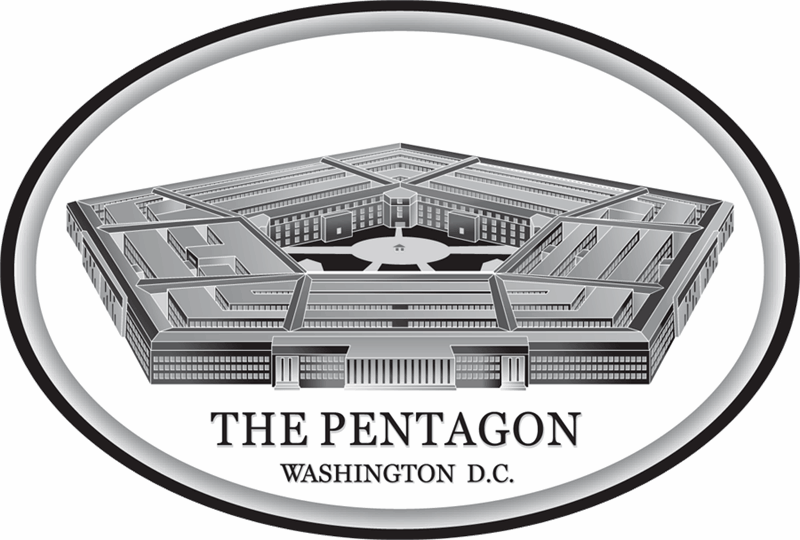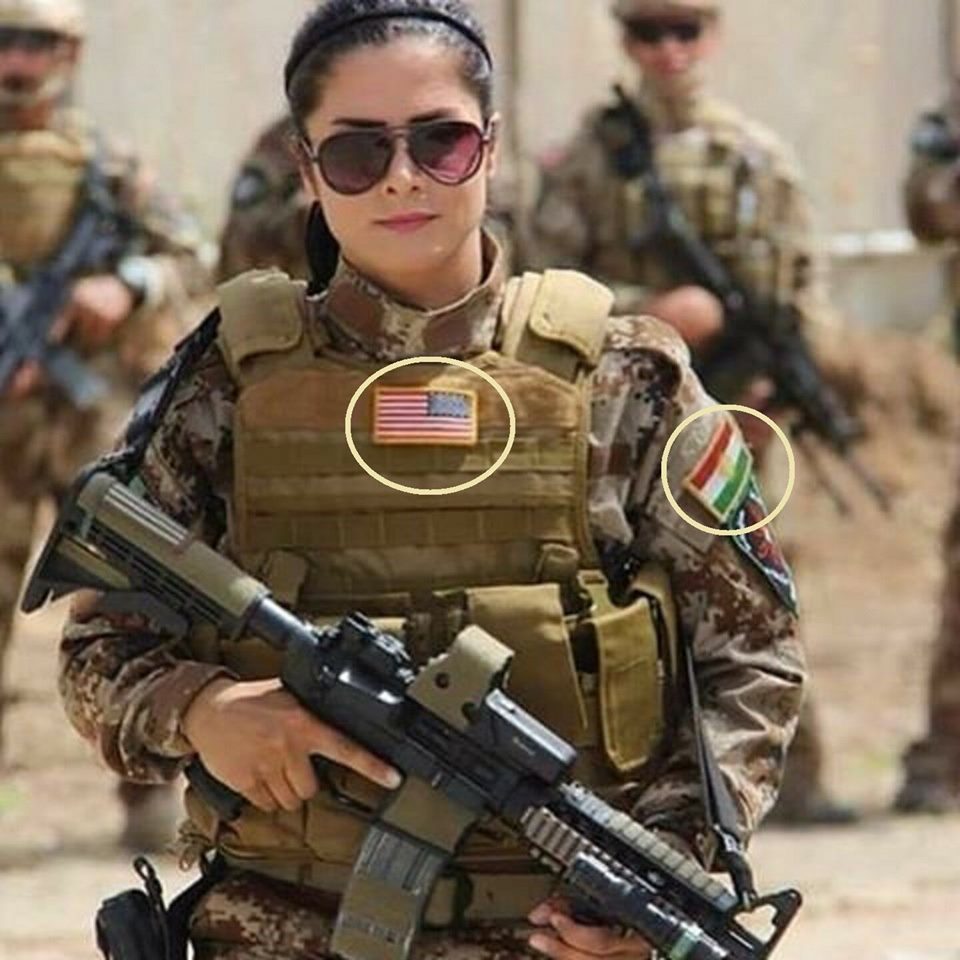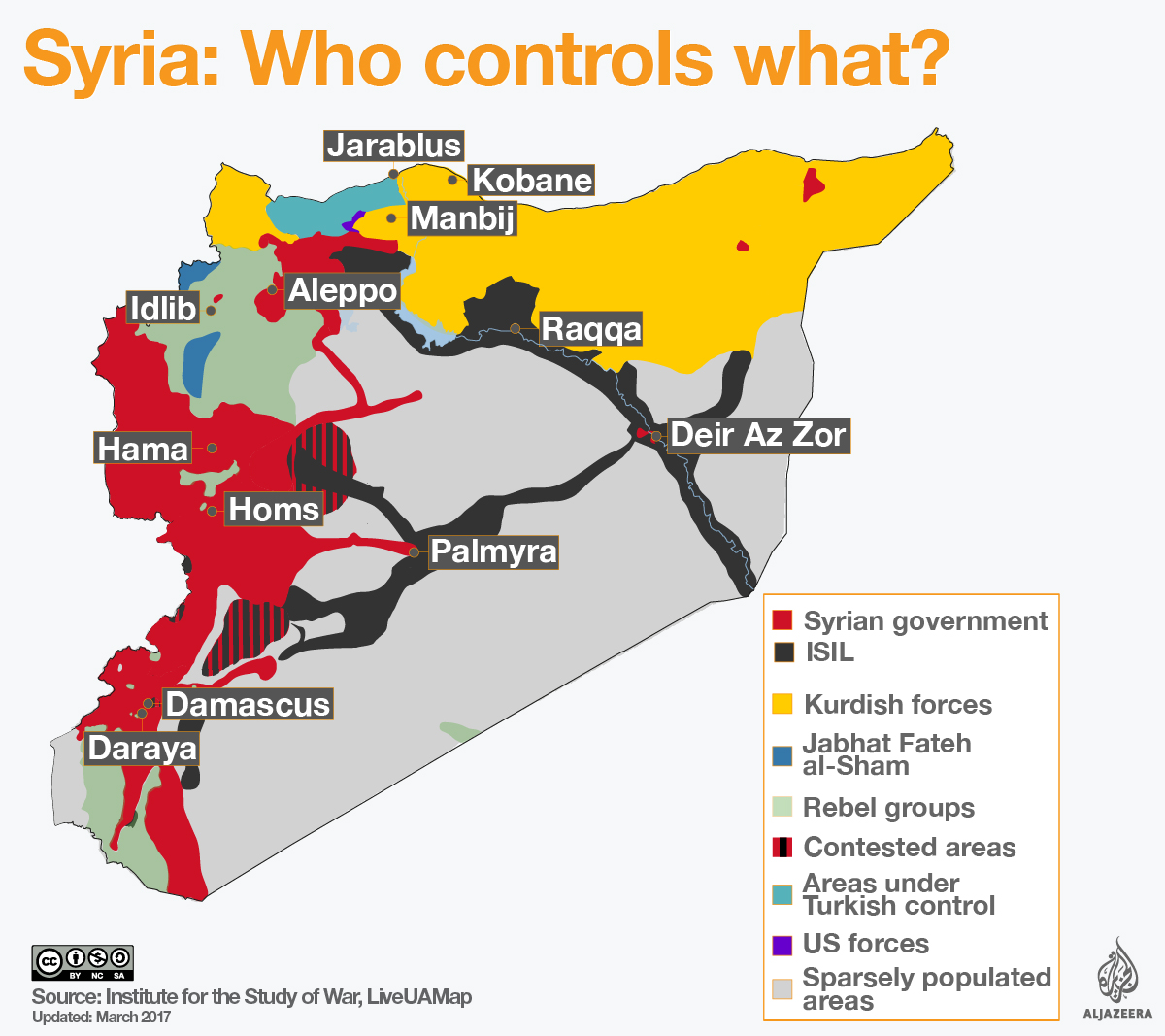
Views: 1754
The United States the use of force against the sovereign state of Syria is a prima facie violation of international law. It is an act of aggression against the UN Member State in violation of the Charter of the United Nations. It therefore gives Syria the right to react in self-defense or a legal justification for the use of force and it gives any other United Nations Member State the right to act in collective self-defense and to support Syrian action against the US This is the basic understanding of the international legal consequences of the United States use of force against Syria.
A deeper analysis would begin by examining the use of force by the United States. The facts indicate that the United States launched 59 Tomahawk cruise missiles at Al-Shayrat Airfield in Syria from a warship based in the Mediterranean Sea starting at 3:42 a.m. in the early morning of Friday, 7 April 2017. Each Tomahawk cruise missile carries over 1000 pounds of conventional explosives. The United States based television channel CNN not only reported the air strikes but also showed short pictures of missiles being launched from an American warship that it claimed were the missiles used in the attack. The United States government is not only admitted that it launched this armed attack against Syria but as bragged about it in a way that indicates that it may launch further attacks. It approximately 6:45 am in Washington, D.C., US Secretary of State Rex Tillerson acknowledged that the United States and use force against Syria.
Syria has also publicly acknowledged that it has been attacked and that it has suffered material damages as well as human casualties. Syria reported that nine civilians were killed, including four children. In addition, six Syrian soldiers were killed. At the time of the attack, Syria was engaged in an armed conflict against non-State actors who had taken up the use of force against the sovereign government of Syria. Both the government of Syria and the non-State state actors had been accused of committing violations of international in the conduct of the armed conflict. The armed conflict also involves other states such as Iran and Russia, both of which had been asked to assist the government of Syria in restoring control over the country.
The United States and mainly European countries, I’ve been assisting non-State actors in their use of force against the government of Syria, including by providing soldiers who were combatants in the armed conflict. Such participation in an armed conflict by uninvited States supporting the use of force against a sovereign Member State of the United Nations is a violation of international law prohibiting interference in the domestic affairs of other States that was condemned by the International Court of Justice in 1986 in the Case Concerning the Military and Paramilitary Activities in and Against Nicaragua between Nicaragua and the United States.
Both Syria and United States are Member States of the United Nations and therefore legally bound to the obligations in the Charter of the United Nations, which by virtue of its article 103 takes precedence over all the legal obligations. Article 2, paragraph 4, of the Charter prohibits in, relevant part, the “use of force against the territorial integrity or political independence of any state, or in any other manner inconsistent with the Purposes of the United Nations.” The only justifications for the use of force are self-defense or when the use of force has been authorized by the United Nations Security Council.
Self-defense may only be used as a justification for the use of force, when a state has been subject to an armed attack. The necessity of satisfying the condition of having been subject to an armed attack was made clear by the International Court of Justice in the already mentioned Nicaragua Case. This interpretation is also consistent with the object and purpose of the charter of the United Nations, which is to prevent the use of force and ensure the peaceful co-existence of States. In this case, there has been no authorization by the UN Security Council.
The US government has publicly claimed that its use of force against Syria is in response to Syria’s use of prohibited chemical weapons in an attack in the Idlib Province of Syria. Syria has denied that it used chemical weapons. The area in which the attack took place is under the control of the non-State actor, the Al-Nusra Front. The US government’s claim that Syria used chemical weapons was being investigated by the Organization for the Prohibition of Chemical Weapons’ (OPCW) Fact Finding Mission at the time of the US attack against Syria. The OPCW Fact Finding Mission has stated that its investigation was ongoing and that it was not yet able to attribute responsibility for, or even confirm that, chemical weapons were responsible for the injuries that the US government claimed.
The Russian government, which is closely cooperating with Syria, has stated that it does not believe that the government of Syria used chemical weapons. Instead, the government of Russia issued a statement indicating that the injuries from chemicals that appear to have been sustained by individuals under the jurisdiction of the non-State actors that are using force against the government of Syria because a Syrian attack hit a depot holding chemical weapons smuggled into the country by terrorist group Al-Nusra Front, the group that both the United States and the United Nations have labeled as the terrorist organization. This appears to indicate that the non-State actors who had chemical weapons and the states supporting them are responsible for the injuries caused by the release of chemicals. Moreover, the Russian intelligence, which has been consistently more reliable than that of the US or other Western States, has stated that less than half the 59 cruise missiles fired by the US hit the targeted airfield.
Legally, the US government’s claim that Syria used chemical weapons is irrelevant to a consideration of the use of force and its legal justification for the use of force. Even if true, the US use of force is inconsistent with international law and gives rise to the State responsibility of the United States for an internationally wrongful act. A retaliation by one State against another State that has violated a provision of international law may not involve the use of force unless is in response to an armed attack. In this case, no armed attack took place against the United States. When there is no justification for a violation of international law then a State is responsible for the consequences of an internationally wrongful act.
The consequences of an internationally wrongful act include that a State must bring its violation of international law to an immediate end, provide assurances that it will not reoccur, and provide reparations to the injured State. It appears that the United States has ended its legal use of force, but it has not provided assurances that it will not act illegally again in the near future. In fact, the US Permanent Representative to the United Nations Ambassador Nikki Haley stated that the US is “prepared to do more” to the UN Security Council. This could be construed as a threat to use force against the people of Syria again in the future, itself a violation of international law. Threats to use force are also violations of international law, according to article 2(4) of the UN Charter. Neither has the US government offered reparations to the people and government of Syria.
In addition, because the use of force is a very serious violation of international law, other States must refrain from recognizing the situation created by the illegal use of force. States which support or recognize the situation created by the illegal use of force by the US government may themselves be violating international law. In this regard, the public statements of the Turkey, Australia, Saudi Arabia, and Israel should be noted. Moreover, it may be relevant to note that the leaders of China, Iran, and Russia have condemned the use of force as illegal.
Perhaps more importantly, the US government’s apparently illegal use of force against serious constitute an armed attack against Syria which provides serious a justification for the use of force against the United States in self-defense. Moreover, other States with the act and collective self-defense to support action taken by Syria against the United States. Thus ironically, the United States aggression against the people of Syria lease serve as a justification of otherwise unlawful uses of force against American citizens. This escalation of the use of force and this possible spiral of violence or exactly what the Charter of the United Nations was intended to avoid.
Russia is cold for a UN Security Council meeting to consider the United States use of force against Syria in violation of the Charter of the United Nations. This Russian action is consistent with the Charter of the United Nations and the use of one of its mechanisms that was intended to prevent the illegal use of force and to address the illegal uses of force. It might be hoped that this initiative will be welcomed by other Member States of the United Nations and used as an opportunity to condemn an illegal use of force. If they do not, then this illegal use of force by the US government may merely be another nail in the coffin of the United Nations.
In 2001, the US government attacked Afghanistan destroying the country and leaving it in shambled to this day. In 2003, the US government attacked Iraq leaving it devastated. Together a reliably estimated 3 million people died because of these two illegal uses of force. In both cases the States have been left on the verge of being failed States. Nothing their leaders had done in decades before the US attacks could have matched the inhumanity left behind from the US uses of force.
Originally published on 2017-04-07
About the author: Curtis FJ Doebbler is a visiting professor of international law at the University of Makeni, Webster University (Geneva) and the Geneva School of Diplomacy and International Relations. He is attending the climate talks in Paris on behalf of International-Lawyers.Org, an UN ECOSOC accredited NGO.
Origins of images: Facebook, Twitter, Wikimedia, Wikipedia, Flickr, Google, Imageinjection & Pinterest.
Read our Disclaimer/Legal Statement!
Donate to Support Us
We would like to ask you to consider a small donation to help our team keep working. We accept no advertising and rely only on you, our readers, to keep us digging the truth on history, global politics and international relations.
Source: Counter Punch













